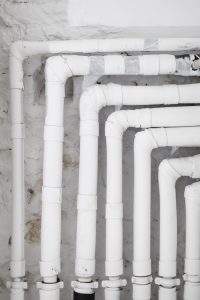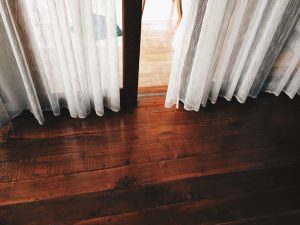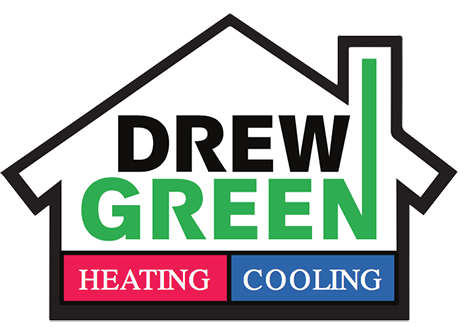You’ve invested a good deal of money in your home, and it is only natural to expect the temperatures to be comfortable and consistent. You should also be able to expect reasonable heating and cooling bills. But what do you do when that isn’t the case? You start thinking, how can I tell if my house is well insulated? Let’s look at the signs of a well-insulated home and see if yours can past the test.
Energy Bills
![]()
Blown insulation in the walls and attic of your home will settle with time. As it does so, its ability to properly insulate your home begins to decrease. If you’ve noticed that your home energy bills (e.g., electricity and natural gas) have been rising steadily over the past few years, that’s a good sign. This means that the blown-in insulation is settling. Another sign is your heating or cooling units working more than normal to just to keep the house at a steady temperature.
Wall and Floor Temperatures
Here’s another great way to tell if your home is well insulated. Use your hand to check the temperature of interior walls, floors, and ceilings. If they feel warm and dry, you are in good shape. If they feel cold or damp, then you have an insulation problem. Note that it is natural for exterior walls to feel cold, because good insulation will keep the warmth inside your home and the cold air outside.
Pipes

If your pipes rarely freeze, that is an excellent sign of good insulation. On the other hand, if the pipes in your walls freeze regularly (even worse, burst) then you can be sure that your home is not well insulated. When exterior walls are properly insulated, they protect the pipes within them from the freezing temperatures outside.
Absence of Drafts
A house without cold drafts is a well-insulated one. Cool air enters around doorways and window frames. In the winter months if there is no insulation, there will be a draft. Insulation, including foam insulation for cracks and crevices, will drastically reduce the occurrence of drafts. Not only will good insulation stop unexpected cold breezes, but it can put a stop to unexpected visitors in the form of mice and insects. If you have a significant number of these intruders, you can bet that your home isn’t as well insulated as it should be. If bugs can get in, so can cold drafts.
Consistent Temperatures

A well-insulated home with have consistent temperature throughout the house. You won’t find one room especially warm while another always seems a bit too chilly. If you find a noticeable temperature differential, there is a good chance that your home is under-insulated. Note that this uneven temperature range can also be caused when blown-in insulation settles over time.
You might also notice that only certain rooms are at a different temperature than the rest. These rooms maybe hotter in the summertime and colder in the wintertime. This especially happens with rooms below the attic or above the garage. Again, the cause most likely lies in the insulation.
No Water Leaks

If you have water leaks in your attic or around your windows, you could have an insulation issue. Poorly distributed insulation can let not just heat but water into your home. Whereas well-distributed insulation can help protect from both. And keep in mind that these leaks are not something to ignore or procrastinate about addressing.
Another interesting water-related sign that you have insulation problems is if ice dams develop on the roof of your home. If your home is poorly insulated, then heat from the interior rises through the attic to the roof. Once there, it melts the bottom layer of snow on your roof in the winter. That water then begins to slowly trickle down the surface of your roof. Where it naturally ends up in the gutters or dripping off the edge of your roof. The end result is gigantic icicles hanging off the edge of your roof and large chunks of ice in your gutters. This is called “ice damming”. It will damage your roof and can injure an unlucky person who happens to walk under them at the wrong time.
Benefits of a Well-Insulated Home

When your home is well-insulated, your energy bills will be lower and the temperature in your home will be far more consistent. The interior floors won’t be icy cold to step on in the morning, and you’ll see fewer rodents and insects making their way in. You’ll reduce the chances of water leaks in the attic and the damage that can result, as well as avoid having to deal with frozen and burst pipes. Ice damming will no longer be a problem.
Contact Drew Green Today!
If you want to know for sure that you’re not throwing money down the drain heating and cooling a poorly insulated home, call the insulation professionals at Drew Grew. Our technicians have the tools and the training to accurately evaluate any insulation issues. If you are ready for lower energy bills, consistent temperatures, and fewer problems with insects or water leaks, call us today at 224-730-0692 for a free estimate.
